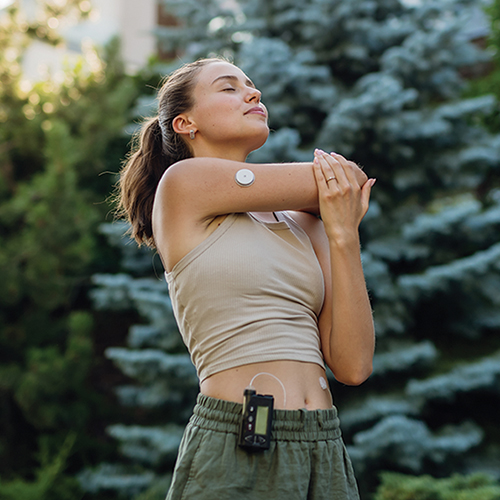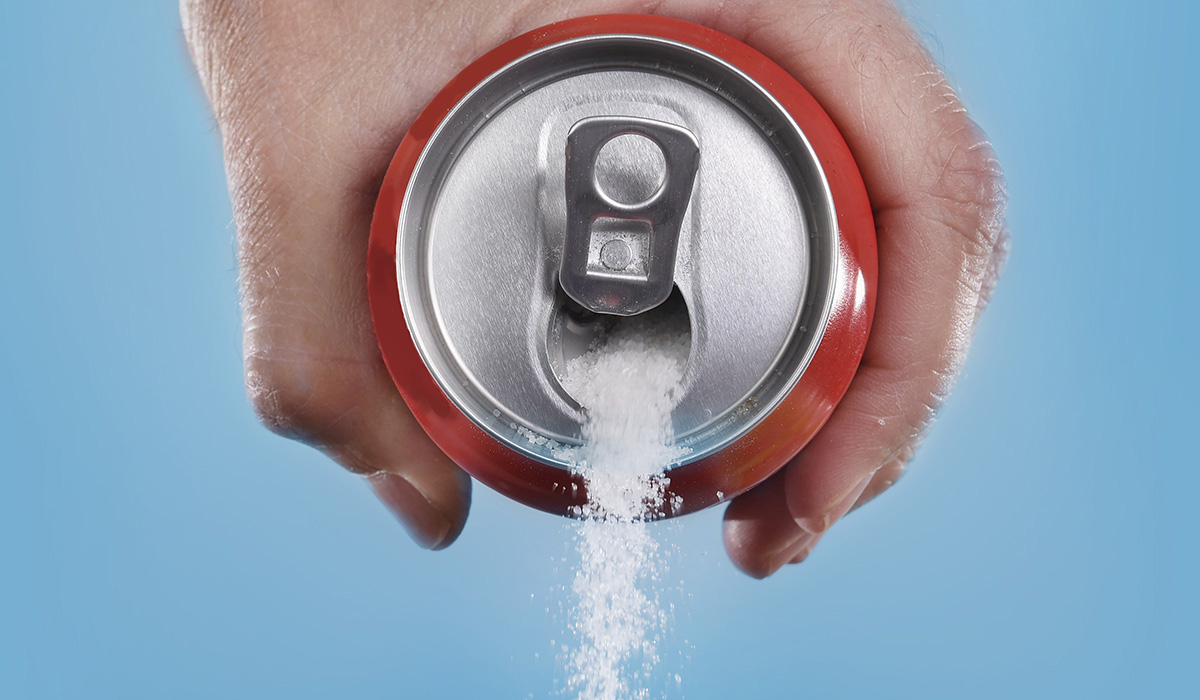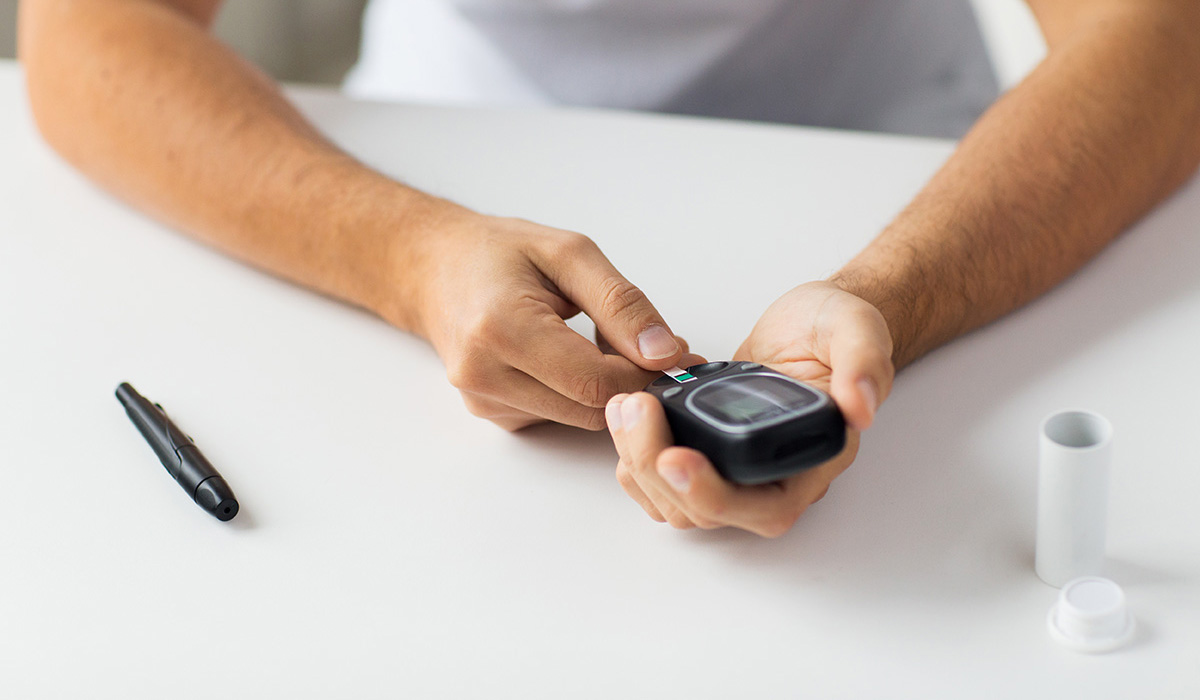July 2018
People who have diabetes – both type 1 and type 2 – tend to feel the summer heat more than people who don’t have diabetes, according to the U.S. Centers for Disease Control and Prevention. Certain diabetes complications, such as damage to blood vessels and nerves, can affect your sweat glands so your body can’t cool as effectively. That can lead to heat exhaustion and heat stroke.
People with diabetes get dehydrated more quickly. Not drinking enough liquids can raise blood sugar, and high blood sugar can make you urinate more, causing dehydration. Some commonly used medicines such as diuretics (“water pills” to treat high blood pressure) can dehydrate you, too.
High temperatures can change how your body uses insulin. You may need to test your blood sugar more often and adjust your insulin dose and what you eat and drink. This checklist can help make sure you handle summer heat while taking care of your diabetes:
- Drink plenty of water.
- Test your blood sugar often.
- Keep medicines, supplies and equipment out of the heat.
- Stay inside in air-conditioning when it’s hottest.
- Wear loose, light clothing.
- Get medical attention for heat-related illness.
- Make a plan in case you lose power.
- Have a go-bag ready for emergencies.
- Avoid alcohol and drinks with caffeine, such as coffee and energy or sports drinks.
- Check your blood sugar before, during and after you’re active. You may need to change how much insulin you use. Ask your doctor if you would like help in adjusting your dosage.
- Wear sunscreen and a hat when you’re outside. Sunburn can raise your blood-sugar levels.
- Don’t go barefoot, even on the beach or at the pool.



